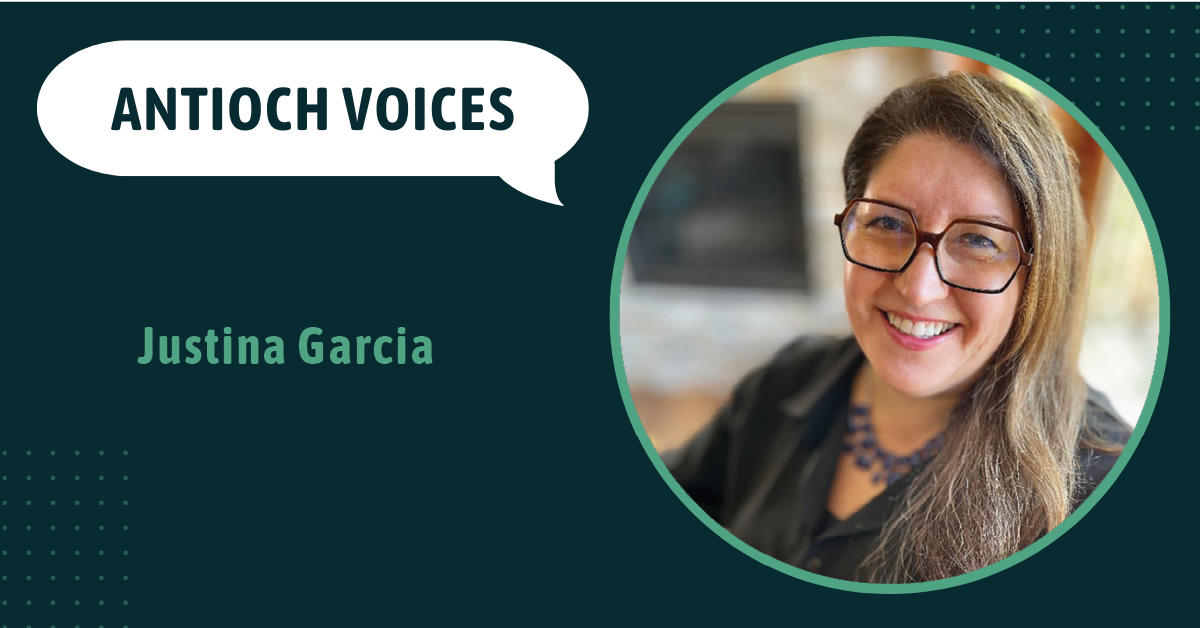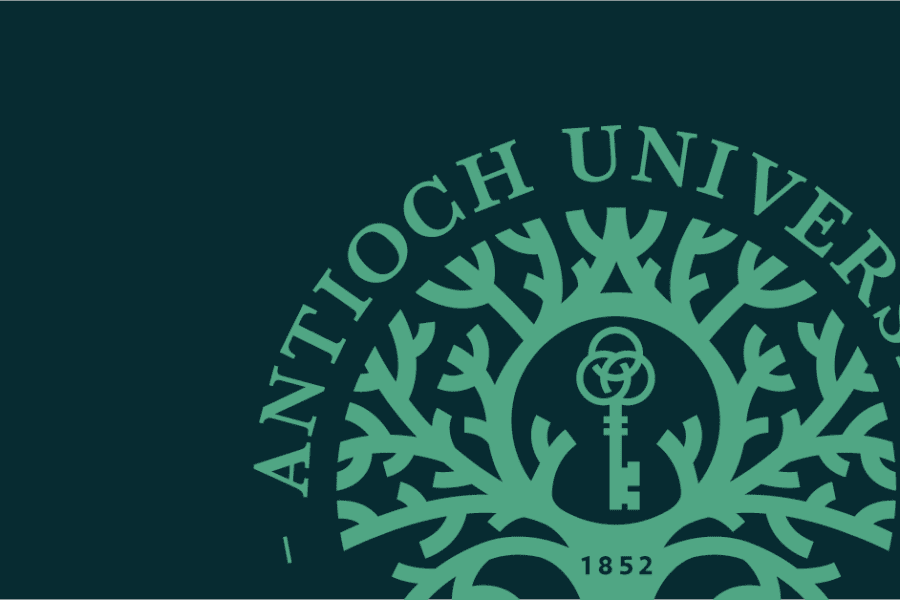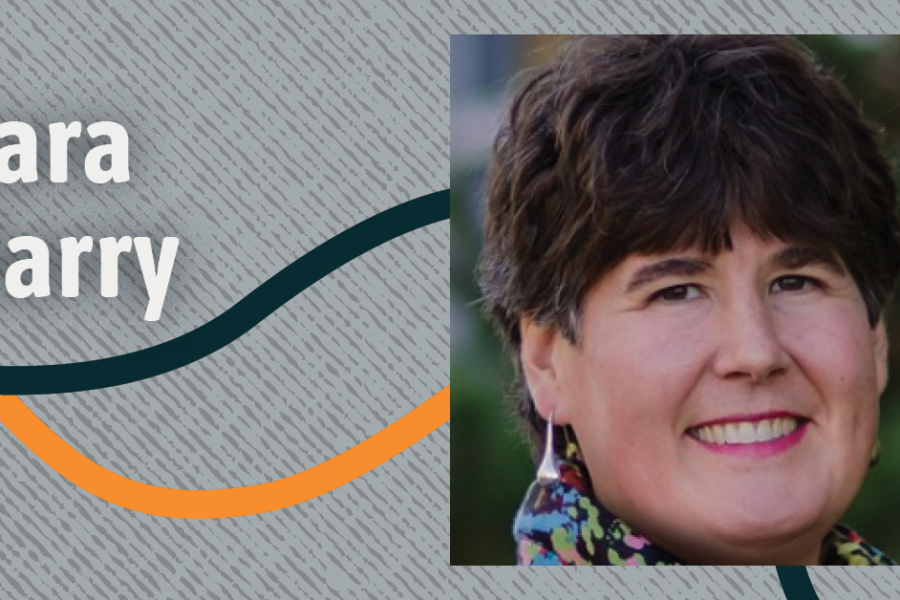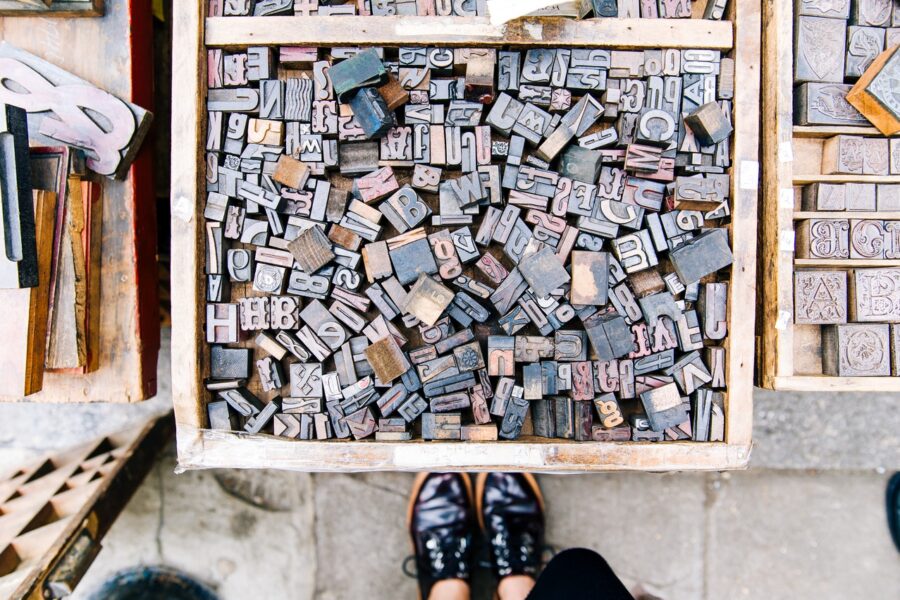A recent review of the history of Hispanic Heritage Month (HHM) brought this national celebration surprisingly close to home for me. I’m encouraged by the ways in which Hispanics who have achieved acclaim for their contributions in uplifting us as a people, are traditionally recognized this month. It opens a door to examining the ways we can also pay homage to the lesser-known everyday Hispanic heroes in our lives, adding a more personal significance to the celebration. This year, I will pay homage to my immigrant parents, Jesus and Carmen Perez, for their pioneering efforts and positive ways they’ve touched many lives. This HHM, I will reflect on the ways their courage, values and lessons paved my path to a better tomorrow and the responsibility I now carry to do the same.
HHM was first introduced just a year (to the month) before my birth in June 1968 by California Congressman George E. Brown. Brown represented the San Gabriel Valley, where I was growing up, as well as my future husband’s childhood neighborhood of East Los Angeles. It began during the civil rights movement of the 1970s, which also represent my formative elementary school years. In 1988, during my first year of college, it was expanded to a month-long celebration starting in mid-September to coincide with the national independence days of several Latin American countries, including my ancestral Mexico which falls on Sept. 16.
As intertwined as my life has been with HHM, I do not have any memories of celebrating it during my school years. I chalk up my earlier ignorance of HHM to our family’s focus on assimilation. My parents were busy navigating a new language, securing jobs, driving in Los Angeles and public transportation. Their priorities were keeping their children safe, housed and fed amidst the chaos, excitement and hope of starting a new life in a different country. My siblings and I were living daily in two worlds, simultaneously steeped in Mexican culture and American lessons. It was a time when celebrating the ways we were “other” than American may have felt counter-intuitive and as a luxury afforded to those who have scaled the first few levels of Maslow’s pyramid.
That is not to say that I lack pride in my Hispanic heritage. I am proud to be Mexican American, Chicana, and part of the Latinx community. I am proud to be the first in my family born in the U.S. and to have first explored the world wholly in Spanish until my kindergarten teacher Mrs. Wong and I looked at each other wide-eyed, thankful for the universal language of gestures. I count myself lucky to have grown up on caldos, tortillas, sopa de fideo, albondigas and arroz con leche. My memories of birthdays include singing Las Mañanitas, having Mexican hot chocolate with sweet bread for breakfast and breaking piñatas in Echo Park. My family embraced the Thanksgiving holiday with curiosity, and we still make tamales together every Christmas. I am proud to have been taught the importance of family, respect for elders and appreciation for Mariachi music. I hold dear our customs of gathering in good times and bad and offering a novenario of rosaries for those who pass on.
Things have changed greatly since the HHM observance was first introduced, and over the years, so have I. Today we talk a lot about intersectionality, diversity, equity, inclusion and belonging. We are normalizing the idea that diverse teams are the highest performing teams, and that diversity of thought contributes positively to the bottom line. I have come to understand that the parts of me that I can label Mexican, American or assimilated are not mutually exclusive. They are intrinsically connected and make up important parts of who I was and who I’ve become. I am proud of all my parts and of my Hispanic heritage and my American citizenship. I also recognize that my life accomplishments have not been won alone.
That is why this HHM, I will celebrate my heritage by honoring my everyday Hispanic heroes. I honor my parents and their life lessons of integrity, hard work, perseverance, and the importance of building lives full of connection, love and togetherness. As part of my homage to them, this HHM I will share with you the measures by which my father lived his life. I invite you to take from this list what you will and what you dare for a rich, no-regrets existence:
10 Life Lessons I Learned from My Father, Jose de Jesus Perez Cobian.
- Be kind to people. Help the needy, no questions asked. Protect human dignity. If a friend asks a favor don’t simply say yes, but instead an exuberant claro que si! and move quickly because ahorita es cuando.
- Don’t fear death. Don’t fear life. Don’t fear consequences. Don’t fear people. Free yourself and don’t fear.
- Live and love deeply with a devil-may-care attitude. Wear your badassedness badge proudly and let it exude from your pores.
- Laugh heartily. Laugh always. Find the wit and the humor in life. It is everywhere.
- Appreciate the moment. Stay present and thank God each time friends and family gather around a table.
- Always do what’s right. Stand up for others. Speak truth to power. State your position with conviction. Have an opinion. Say what you mean and mean what you say, sin pelos en la lengua.
- Listen to both sides of an issue. Take an interest in world news and politics. Use your voice and always vote. Never be a chickenshit. And for God’s sakes, don’t be a people-pleaser.
- Learn to play poker, and enjoy a good, stiff drink sipping slowly to your favorite mariachi music.
- Savor life. Life is good. Death is good. It’s all good when you live life to the fullest.
- When problems arise remember that mañana será otro día. Just spread your wings and fly.
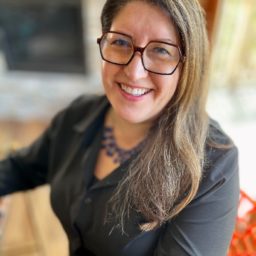
JUSTINA GARCIA
Justina Garcia is an MFA candidate at Antioch University. She is a public affairs professional in the energy industry working to address environmental socio-economic and equity issues and helping to build a clean energy future. Justina is passionate about coaching and developing individuals to help them connect with their purpose and create healthy cultures that begin with psychological safety. She lives in La Habra Heights, CA with her son, Andrew

